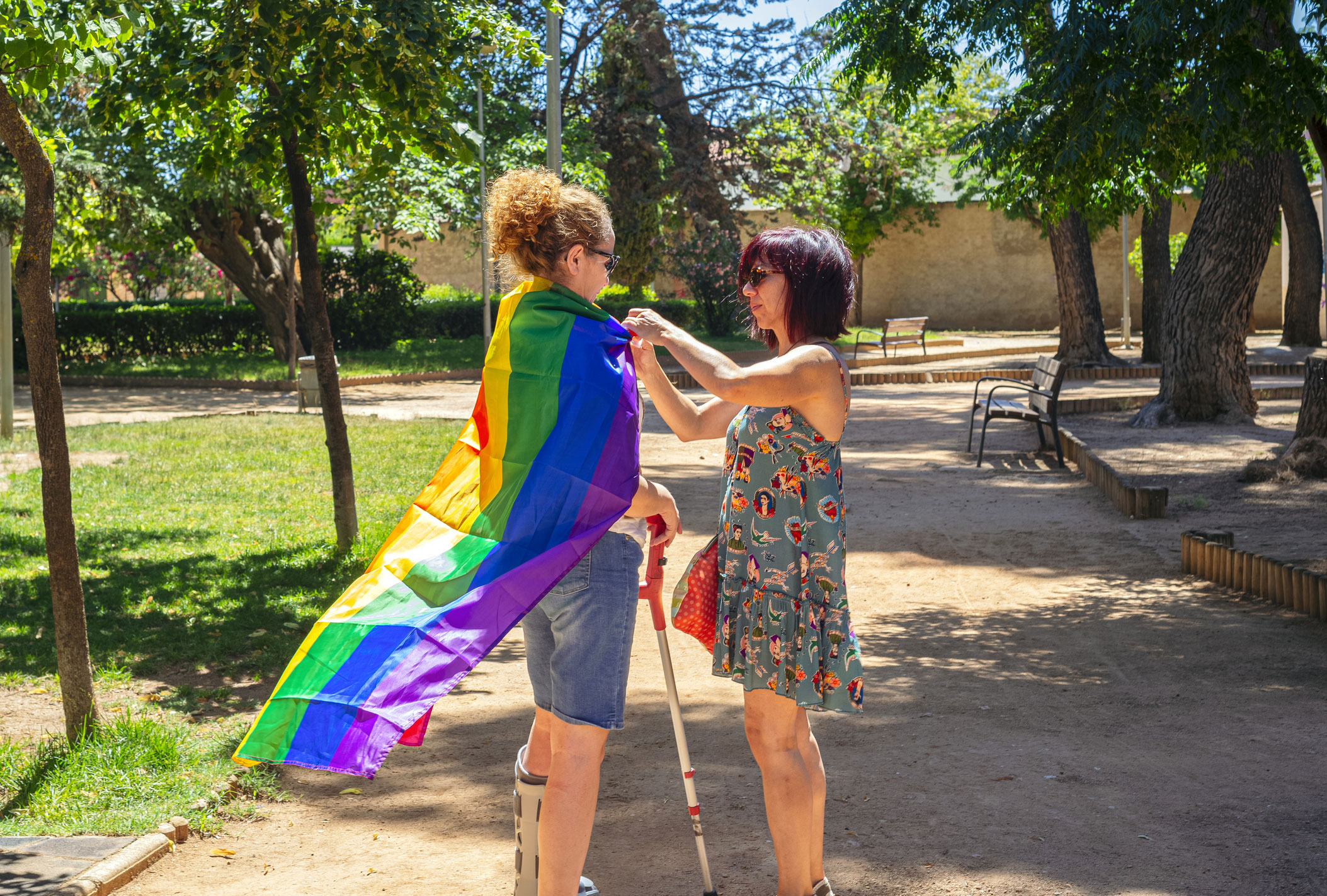
Individualised Living Options ILO
Individualised Living Options (ILO) is an NDIS support model that helps you choose the home you live in and the support you need. Better in Home Care work with you and your support network to consider the types of living options available.
Through consultation, we can work out what best suits your needs and preferences. We explore different options focused on combining formal and informal supports.

It’s a model that can change over time as your needs evolve. The goal is to build a sustainable plan with a strong focus on getting family and friends on board as part of your support crew.
There are a variety of independent living options specified by the NDIS as part of ILO:
Live Alone
A person who lives in their own home and chooses how they are supported. This can be through formal and informal supports.
Co-Resident
A person lives in their own home with one or more people who provide an agreed level of personal care and/or household assistance and companionshipm, who receive either a payment or reduced or subsidised rent depending on the type and intensity of support provided.
Host Arrangement
A person lives in the home of a non-related person or family (Host). The Host provides in home disability related supports, household assistance, emotional support and a family environment for an agreed level of reimbursement or payment from the persons disability support plan as well as a Board and Lodging payment from their DSP to cover day to day living costs.
Live together
A person lives in their own home with 1 – 2 people ( with or without disabilities) that they have chosen through existing relationships (friendship, familial or intimate). There is no payment incentive for other people in the home unless both residents have disability supports in which case some supports may be shared.
Stage 1: ILO stages
There are three stages to achieving ILO. The first stage is called Exploration and Design. The exploration phase is all about understanding and planning. We’ll invest time to thoroughly understand your housing and support wants and needs. A trained and experienced ILO Coordinator will be allocated to work with you and your chosen support people to identify your needs and fill any gaps and identify potential risks that may arise from this way of living.
Stage 2 is called Supports
During stage 2, we will work with you to assess and create a schedule of supports that incorporates both formal and informal supports. You will be provided with a variety of options, potential risks to consider, and tools to make an informed decision on the final plan. Once you’ve made your decisions, we will send you a comprehensive report and service proposal outlining your preferred plan. This will include, where you live, who you live with and the supports you will need to live the life you choose.
Stage 3 is called Submission.
This is where your ILO proposal is submitted to the home and living section of the NDIA. There maybe occasions when the proposal is returned for further design and investigation or declined by NDIA. There are many types of living options available through the NDIA, so if you are not suited for one, we can always try another.
We’re here to help…
Phishing Alert:: We are aware of a phishing email appearing from [email protected]. Please do not open attachments. Report and delete the email.

